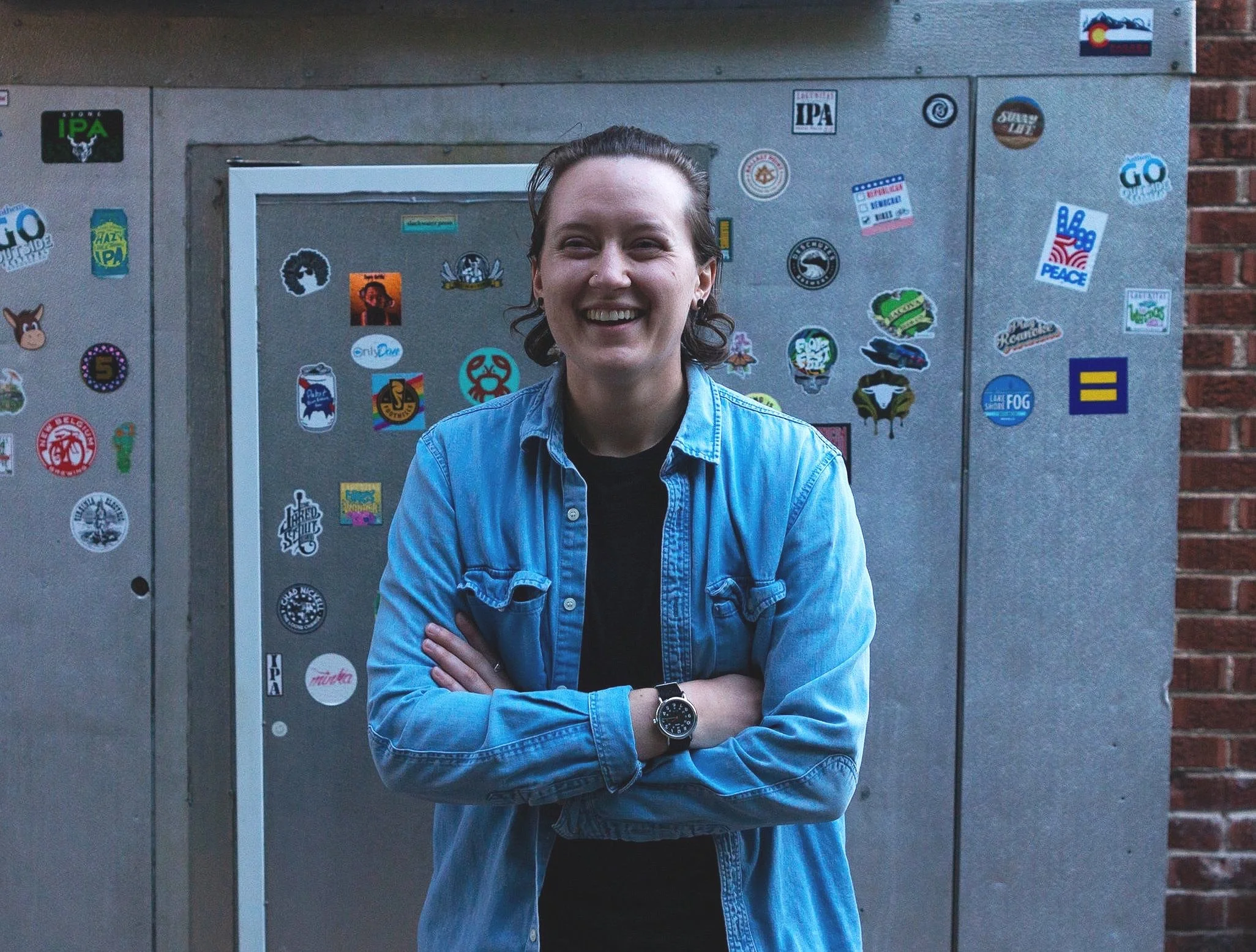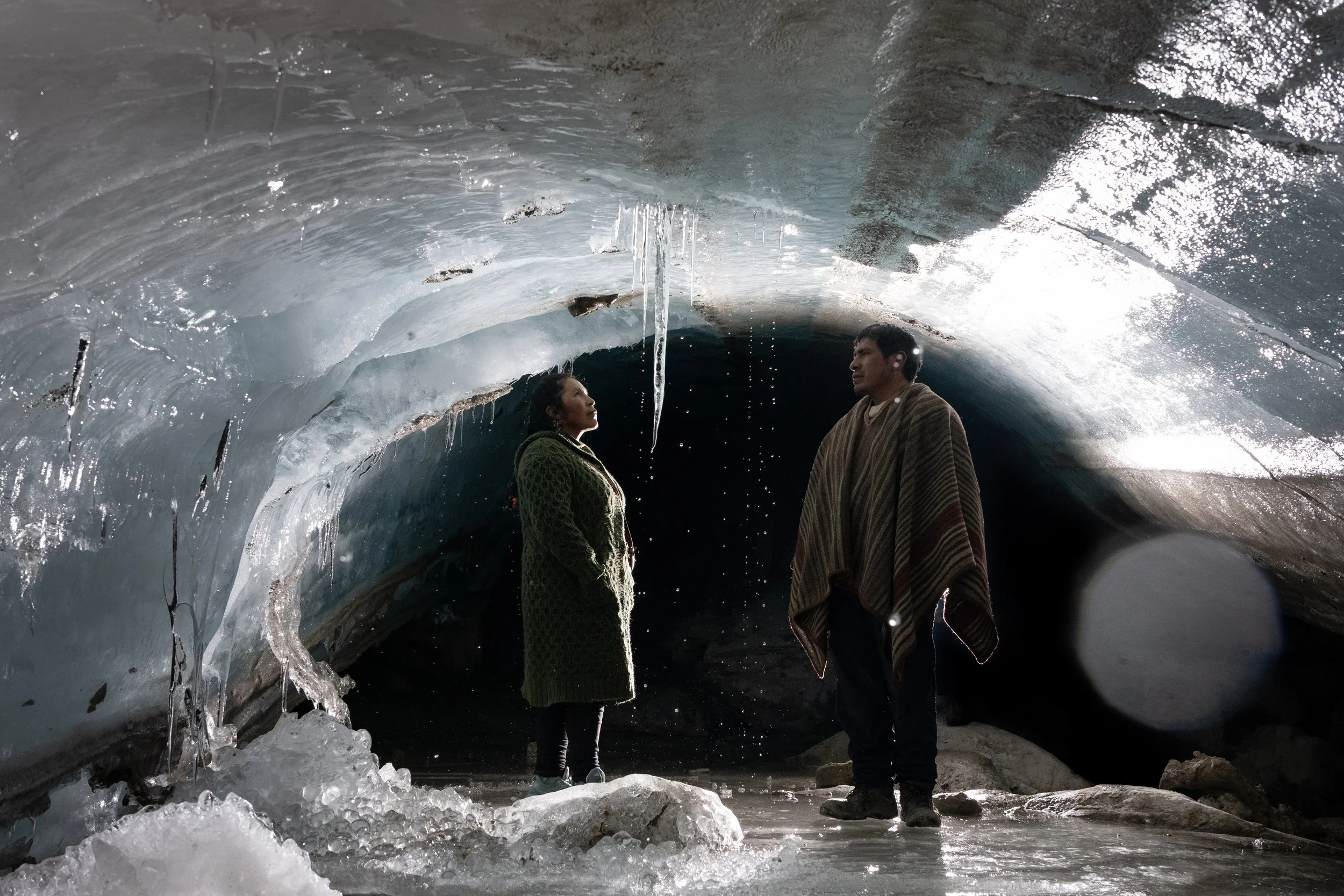“Those who cannot remember the past are condemned to repeat it," said the philosopher George Santayana. A quote that fits perfectly on today's date, January 27th, which observes the International Day of Commemoration in memory of the victims of the Holocaust, designated by the United Nations (UN) in a resolution adopted in 2005. Education will be this year's theme for the Holocaust memorial ceremony: “Holocaust Remembrance and Education: Our Shared Responsibility”, that will take place at the General Assembly Hall on January 31st.
Arielle Meyer, Edith Gelbard, and Alix Doherty. Edith is a Holocaust Survivor and shared her story with the French class, where Alix is the teacher and Arielle a student.
PHOTOS BY: Scott Masters, Crestwood Preparatory College.
In Toronto, stories of Holocaust survivors and the Second World War Veterans are being maintained by Scott Masters, a history teacher at Crestwood Preparatory College, with the support of his students. Masters has been a history teacher for 26 years and started the project in the early 2000s. The idea came from his own relationship with his grandfathers, both war veterans from the First and Second World War.
"I was always interested in learning about their experiences, and whenever we would visit them, I'd ask them about their memories, photographs. I remember doing audiotaped interviews with them and other veterans for my own high school history projects, so I decided to do the same thing with my own students, albeit with much better technology!", explained the teacher.
Holocaust Survivor Shary Fine, shared her story with a group of History students.
Veterans have been visiting Masters' classes since the beginning of the project, but with time, these visits became more and more difficult because of their health and mobility. Besides that, when Masters started teaching History, many students had grandparents who were involved in the war, but nowadays, that is not necessarily the case.
Twelve years ago, he started filming the interviews, in order to preserve the valuable content. Around 500 interviews have been documented, and 400 can be found on the project's website. "I think many Canadians should speak to and listen to the older generation about this important time in Canadian history. The people we speak to have much wisdom and many important lessons to impart," said Masters.
Holocaust Survivor Anne Eidlitz in a roundtable discussion with students.
Nowadays, because of technology, the way students learn is also changing. They have easy to information, but that does not mean that all of it is accurate. For that reason, Masters explains that some time is also used in the project to advise the pupils in how to better use the online resources. "A big part of history has to do with research skills - access to more information doesn't always mean that students develop their ideas in the best way though - so we really try to stress the importance of traditional academic skills and focus too," he said.
Teachers Scott Masters and Jason Hawkins with Second World War veteran Jack Boeki.
For the future, Masters says that the focus of the project will likely change. They will keep interviewing people from the war for as long as possible, but they have also started interviewing people from Toronto's marginalized communities, who certainly also have a lot to teach the future generations.
Second World War Navy veteran with students Victor Lantos and Robert McKay.
On February 24th, Scott and his students are holding a presentation at the Royal Canadian Legion, focusing on the Second World War Asian Theatre.
To read the stories and learn from the Oral History Project, click here.
















